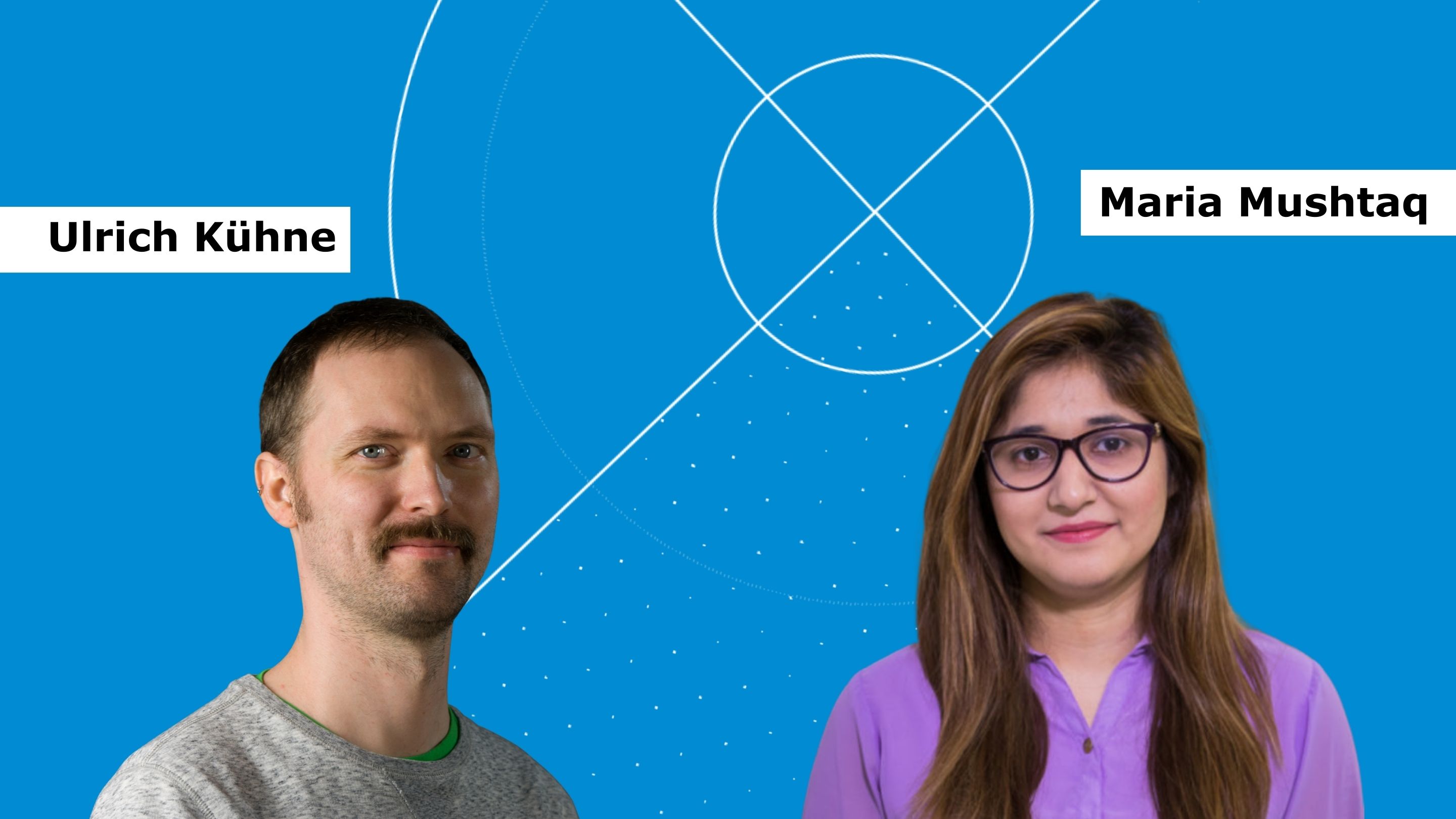A Winter School on Microarchitectural Security: a complex and transdisciplinary emerging subject

 Microarchitectural security is a hot topic that has emerged in the span of a few years as a completely new research area. At IP Paris, many researchers are conducting work in this area, which involves a wide variety of disciplines, such as hardware and software security or computer architecture. Maria Mushtaq and Ulrich Kühne from the Secure and Safe Hardware (SSH) team of Télécom Paris, affiliated to the LTCI lab, are among those researchers. Both Associate professors are behind the idea of launching the Winter School on Microarchitectural Security (Mic-Sec).
Microarchitectural security is a hot topic that has emerged in the span of a few years as a completely new research area. At IP Paris, many researchers are conducting work in this area, which involves a wide variety of disciplines, such as hardware and software security or computer architecture. Maria Mushtaq and Ulrich Kühne from the Secure and Safe Hardware (SSH) team of Télécom Paris, affiliated to the LTCI lab, are among those researchers. Both Associate professors are behind the idea of launching the Winter School on Microarchitectural Security (Mic-Sec).
The event is also co-organized with the LIP6, a computer science research institute of Sorbonne University. This collaboration has led to several joint PhD projects and scientific publications on hardware security topics.
What are the objectives of the Winter School?
The objective of the Mic-Sec Winter School is to offer a setting for discussions among experts and young researchers. Therefore, it is open to all levels of researchers in the domain of microarchitectural security: from Masters, PhD or postdoc students to mature researchers, research engineers, industrials or faculty members.
It’s also an opportunity to boost cultural diversity among students, that’s why the Winter School is open to all interested researchers from around the world. Those coming from developing countries are more than welcome and, considering that women are underrepresented in the field of Science and Technology, we strongly encourage them to participate. English will indeed be the preferred language.
Meeting researchers from around the world is very important in such a new research area. Unfortunately, many events have been canceled during the last years due to the pandemic, and traveling was difficult or even impossible. We thought that it is the right time to bring people together in Paris for spreading awareness on this complex topic.
Microarchitectural threats are another challenge which mankind has to face today. These threats are not just relevant to one computing system or one of its kind, they contain a bigger impact of all sorts
Why is microarchitectural security a complex and cross-disciplinary topic?
The research topic of microarchitectural security started with the discovery of some vulnerabilities, which can be found in almost any modern processor. Several attacks have exploited these vulnerabilities, allowing the leakage of sensitive data such as passwords or any other information stored on a computer. These weak points are not only a threat to security and privacy in the context of cloud computing, but they are also difficult to overcome because the causes for the leakage are deeply rooted in the architecture of the affected processors.
Moreover microarchitectural security is a vast domain which gathers multi-disciplinary knowledge together: Computer Architecture, Cryptography, Mathematics and Physics... Up to today, there is little convergence and researchers are still looking for efficient solutions to avoid or detect microarchitectural attacks.
Also, experts in computer architecture are usually not concerned with security, and vice versa. Which is why it is crucial to bring together experts from these different fields, to consolidate the knowledge on microarchitectural security, and pass it on to the next generation of researchers.
We firmly believe that original research and development efforts are required for sustainable security solutions in the future, which would sufficiently depart from the current practices that are leading us to security vulnerabilities
Who are the participants you are expecting?
The Mic-Sec Winter School will gather state-of-the-art speakers, all internationally recognized for their work on microarchitectural attacks and defenses. It will also cover an important field of knowledge, which is Machine Learning for security and security for Machine Learning.
Students and young researchers will get the preliminary knowledge of the domain through lectures, and will be able to experiment real time attacks and defenses through hands-on experience. As the research must also meet the performance and security objectives of the industry, a discussion with participants from academia and industry will take place.
We encourage the students to take active part in demonstration of their on-going work in community through poster and research presentations. This event is an opportunity for them to expand their network and collaborate with the speakers in their future research projects!













